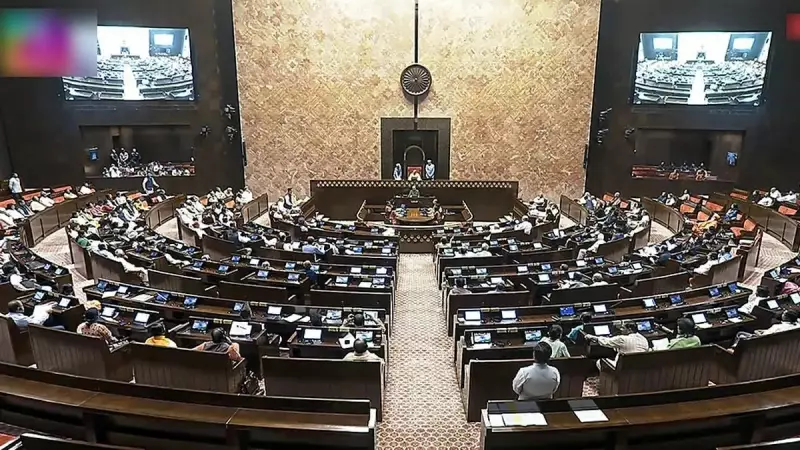
Four years of political silence in Jammu and Kashmir's parliamentary representation is about to break as the union territory gears up for crucial Rajya Sabha elections. The upcoming polls mark a significant moment in JK's political landscape, coming after an unprecedented gap that has left the region without representation in the Upper House since 2021.
Why the Four-Year Wait?
The extended hiatus in Rajya Sabha elections stems from the region's transition from statehood to union territory status in 2019. This constitutional reorganization triggered a reset in parliamentary representation timelines, creating this unusual four-year gap. The elections now signal another step in JK's evolving political journey under the new administrative framework.
The Political Chessboard
Multiple political heavyweights have entered the fray, turning these elections into a high-stakes political battle. The contest features candidates from major national and regional parties, each vying to secure representation in the Upper House of Parliament.
Key Contenders in the Fray
- Prominent leaders from national parties seeking to strengthen their foothold in the region
- Regional political figures aiming to represent JK's interests at the national level
- Seasoned politicians with extensive administrative experience
- New faces representing emerging political narratives
What's at Stake?
These elections carry significance beyond just filling parliamentary seats. They represent:
- Restoration of Complete Parliamentary Representation: Filling the representation vacuum in Rajya Sabha
- Political Momentum: Setting the tone for future electoral battles in the region
- Policy Influence: Ensuring JK's voice in national legislation and debates
- Constitutional Normalcy: Marking another milestone in the post-370 political process
Election Mechanics and Timeline
The election process follows the standard Rajya Sabha polling procedure, where members of the Jammu and Kashmir Legislative Assembly will cast their votes. The electoral college composition and voting dynamics make this an intriguing contest where every vote counts significantly.
Political analysts are closely watching these elections as they could indicate shifting political alignments and public sentiment in the region. The outcome will likely influence both immediate political equations and long-term strategies of various parties operating in Jammu and Kashmir.
As counting day approaches, all eyes remain on the evolving political equations and last-minute developments that could sway the final results in this crucial democratic exercise.






